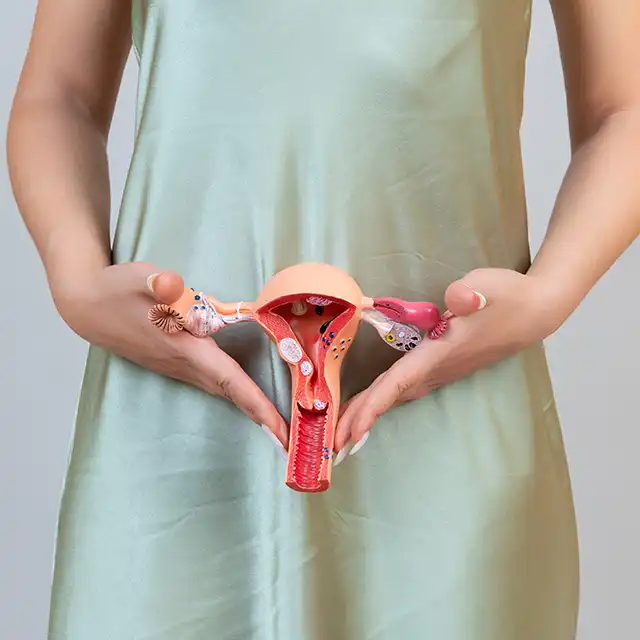
Fever or pyrexia refers to a rise in the body’s core temperature above a particular range. This range is regulated by the hypothalamus in the brain and is 37 ± 0.5 degree C, or 98.6 F. There is a slight variation in the body temperature at different times of day, depending on the activity.
When the body temperature rises above 37 degree C or 98.6 F, it is called fever.
The rise in body temperature is usually a response of the body’s immune system to a fever-causing substance (pyrogen). Thus, fever is a very effective mechanism of the body in fighting infection.
Fever enhances immune function by increasing the activity of the cells involved in defence against infectious agents. Certain microbes require normal body temperatures to grow, and an elevated temperature thus inhibits their growth.
In infants, even a mild fever requires medical attention.
Symptoms
Fever is a sign and a symptom by itself. In the presence of infection, it may be accompanied by-
- Chills and shivering
- Sweating and headache with aching muscles
- Rashes on the skin in some cases
- Weakness and irritability
- Loss of appetite and dehydration
Prolonged or high fever can cause complications like confusion and seizures.
When the temperature crosses 40 degree C (104-degree F), and if any of the following symptoms are present, it is important to seek medical advice-
- Fainting, or difficulty in breathing
- Severe pain or swelling of any body part or organ
- Pain during urination or discoloured vaginal discharge
When children have fever but are responsive and active, with a good appetite, it is not generally a cause for alarm. However,
- if the fever lasts more than 3 days or,
- the child is irritable, or
- the child is vomiting repeatedly and has a sore throat or stomach pain, then medical care should be sought.
Very high fever, of more than 41.5 degree C, is termed hyperpyrexia and is an indication of serious infections or central nervous system haemorrhages (bleeding within the brain).
Causes
Fevers can have a viral or bacterial origin.
Most commonly, fever is caused by a flu attack, or common colds and stomach infections.
Other conditions which may cause fever are-
- Ear infections, skin, and lung disorders
- Chickenpox or other skin disorders
- Tonsillitis
- Heat exhaustion and sunburn
- COVID-19 infection
- Side effects of certain medications, and vaccines
- Autoimmune conditions, cancer, hormonal disorders
Observing the pattern of fever is important in certain conditions. In malaria, fever recurs every 48 or 72 hours, and in tuberculosis, there is fever in the evening.
Diagnosis
It is important to observe whether the fever has any other symptoms along with it, like coughing, vomiting, diarrhoea.
The patient’s medical history will be studied in detail, including recent vaccinations, new medications, or any recent travel abroad to rule out various conditions.
To measure the temperature in case of fever, various thermometers can be used, such as digital ones and glass thermometers.
Temperatures can be recorded orally, rectally, under the armpit, in the ear or across the forehead region.
For infants below 3 years, the rectal method gives the most accurate reading. In others, the temperatures of the mouth or the armpit regions are usually taken.
Certain diagnostic tests may be carried out-
- Complete blood cell count for bacterial and viral infections
- Skin test for tuberculosis,
- Blood smear test for malaria
- Tests specific to autoimmune disorders
- X-ray or Computerised Tomography (CT) scans of the chest and abdomen
Treatment
- Your doctor may prescribe NSAIDs for mild fever
- A bath with lukewarm water will help bring down mild cases, and plenty of fluids like juices and soup will rehydrate the body
- Consumption of more water, at least enough to make the urine a pale yellow
- Adequate rest and use of light clothing will give comfort
Depending on the cause, antibiotics may be necessary in case it is a bacterial infection that caused it.
Most fevers that occur due to infectious diseases can be prevented by-
- Timely vaccinations for conditions like COVID-19
- Maintaining good personal hygiene, and guiding children to follow the same
- Wearing masks in crowded spaces and following social distancing protocol
Sources:

















